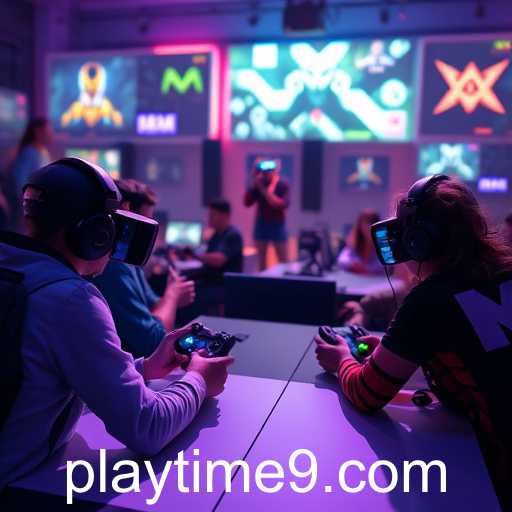Exploring the evolving landscape of online video gaming and its impact on socialization in 2025.
In recent years, the realm of online gaming has become far more than just a hobby. The year 2025 marks a significant evolution in how digital platforms shape human interaction. These platforms have grown into sophisticated ecosystems that redefine social normals, with websites integrating real-time communication tools and immersive experiences.
Online gaming websites, such as Playtime, have become virtual playgrounds where individuals of all ages converge not only for entertainment but for community and connection. The surge in technological advancements, including virtual reality (VR) and augmented reality (AR) tools, has elevated these interactions, offering players lifelike environments to explore together.
A significant trend noted in 2025 is the integration of educational and professional opportunities within these platforms. Online games now blur the lines between play and work, with companies seeking out dynamic virtual environments for team building and skill development. This evolution is reflective of how deeply integrated virtual communities have become in our social architecture.
Moreover, reports highlight an increased positive psychological impact of gaming, providing a safe and controlled environment for stress relief and social connections. Psychologists emphasize the importance of regulated playtime as a means of supporting mental health, advocating its benefits in fostering creativity, problem-solving skills, and emotional resilience.
With online games continuously expanding in scope and influence, they remain a dominant force in both the technology sector and cultural discussions. The challenge remains to harness the power of these platforms responsibly, ensuring they promote inclusivity and accessibility. Our journey into this digital frontier continues to evolve, promising new and unparalleled experiences that challenge traditional social constructs.
As we advance through 2025, it becomes increasingly clear that playtime in the digital age offers more than mere leisure; it crafts a new wave of social interaction, one that melds fun with meaningful engagement, proving pivotal in shaping future societal norms.




